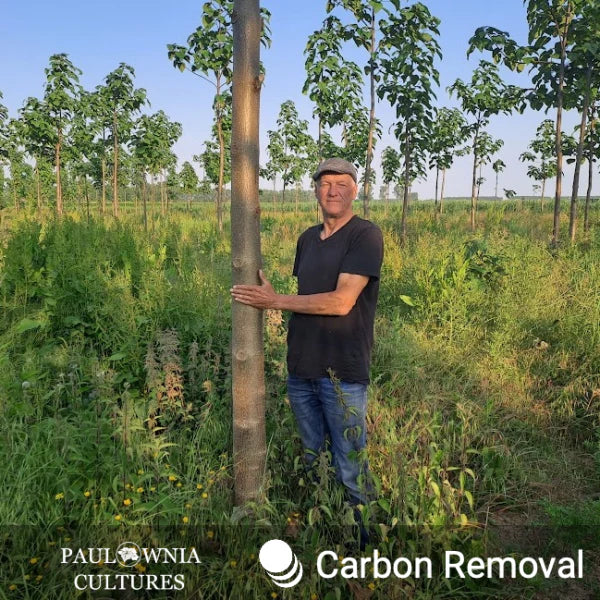Bamboologic Blan 1: Carbon removal via European bamboo fields
Bamboologic Blan 1: Carbon removal via European bamboo fields
220 in stock
Couldn't load pickup availability
Bamboo is the fastest growing grass, with very high levels of CO2 sequestration and oxygen production. It rapidly sequesters carbon in biomass and the soil; taking it out of the air faster than almost any other plant. Long-lived bamboo products also store a lot of carbon. Therefore bamboo is an ideal tool to attain the net-zero emissions goals and fit within the European Green Deal.
Bamboo is not only a very efficient plant in terms of CO2 sequestration, it also takes large quantities of nitrate out of the soil, holds water in the soil, prevents erosion and regenerates the soil. Bamboo only has to be planted once for the next 60 to 100 years. After it is pruned or harvested, it grows back very fast, making bamboo one of the fastest renewable raw materials. In every new growth season the bamboo plants become bigger and thus sequestering more CO2.
Bamboologic’s carbon strategy is based on the prescribed bamboo industry guidelines.
About The Remover
Christophe and Philipe are farmers in the commune of Soual, in the south of France. As large-scale farmers based in the Tarn region, they are keen to diversify into new farming models. They are combining their existing crop expertise with bamboo cultivation to improve growing results. They are also convinced of the positive effects for carbon cultivation and are open to our methodology for improving carbon storage.
Bamboologic installs bamboo farms in Europe and sells the raw bamboo or primary processed bamboo as a base material for the production of sustainable & durable alternatives for hardwood, steel, PVC, composite materials & cotton. Europe is the largest export market for bamboo products. There are so many obvious sustainability reasons to provide bamboo from Europe for the European market.
Bamboo is a zero-waste crop and a sustainable alternative for many industrial used raw materials in more than 10.000 different products. Bamboo thrives very well on degraded land and regenerates the soil in good condition. Taken into account that approximately one third of all European farm land is degraded, bamboo can play an important role in the agricultural and green future of Europe.
Since bamboo holds a lot of water in the soil, allows other vegetation to thrive and always having green leaves they are a welcome habitat for a lot of animals and insects.
This bamboo farm is established on the farm run by Philippe Campos around Toulouse, France.
Website
www.bamboologic.eu
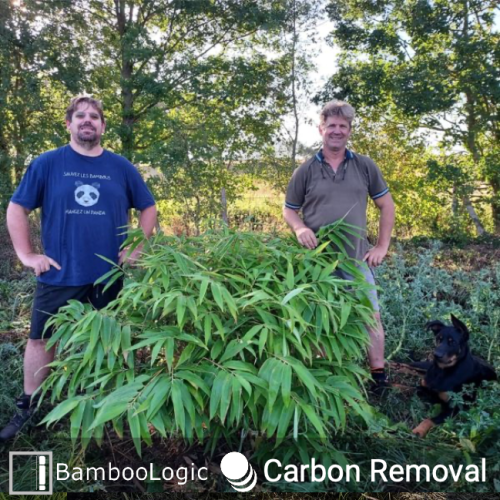
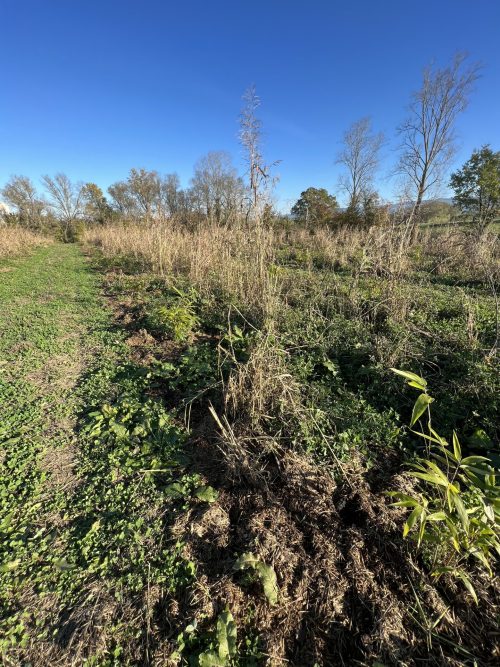
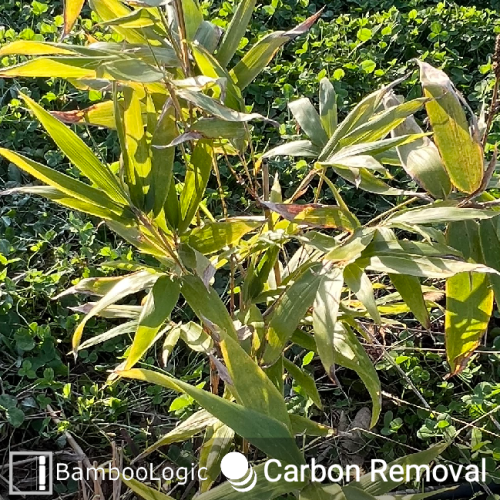
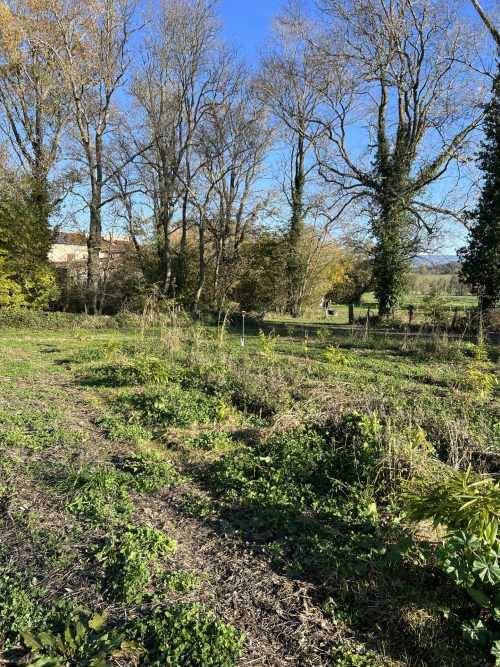
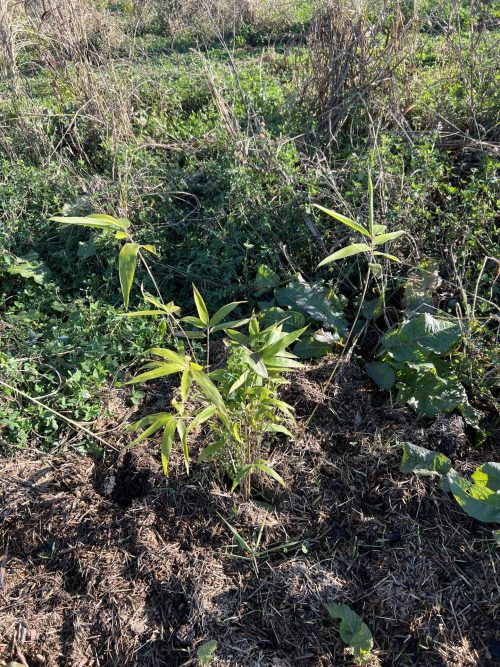
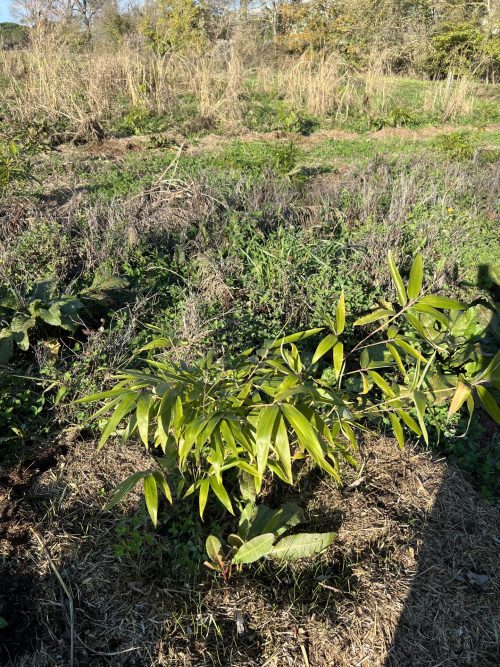
Certificates
-
CO2 removal
Amount of carbon removed:
2750 tCO2e
(= x1000 kg CO2 emitted)
-
-
Other information
Project goals
-
Objectives
-
Sustainable Development Goals
United Nations SDGs- 8: Decent work and economic growth
- 13: Climate action
Project Information
-
Project
Project Manager:
- Maurice Mulder
Status
- Certified
Planning
-
Google Maps
Blan, Toulouse, France
-
Sustainable Development Goals
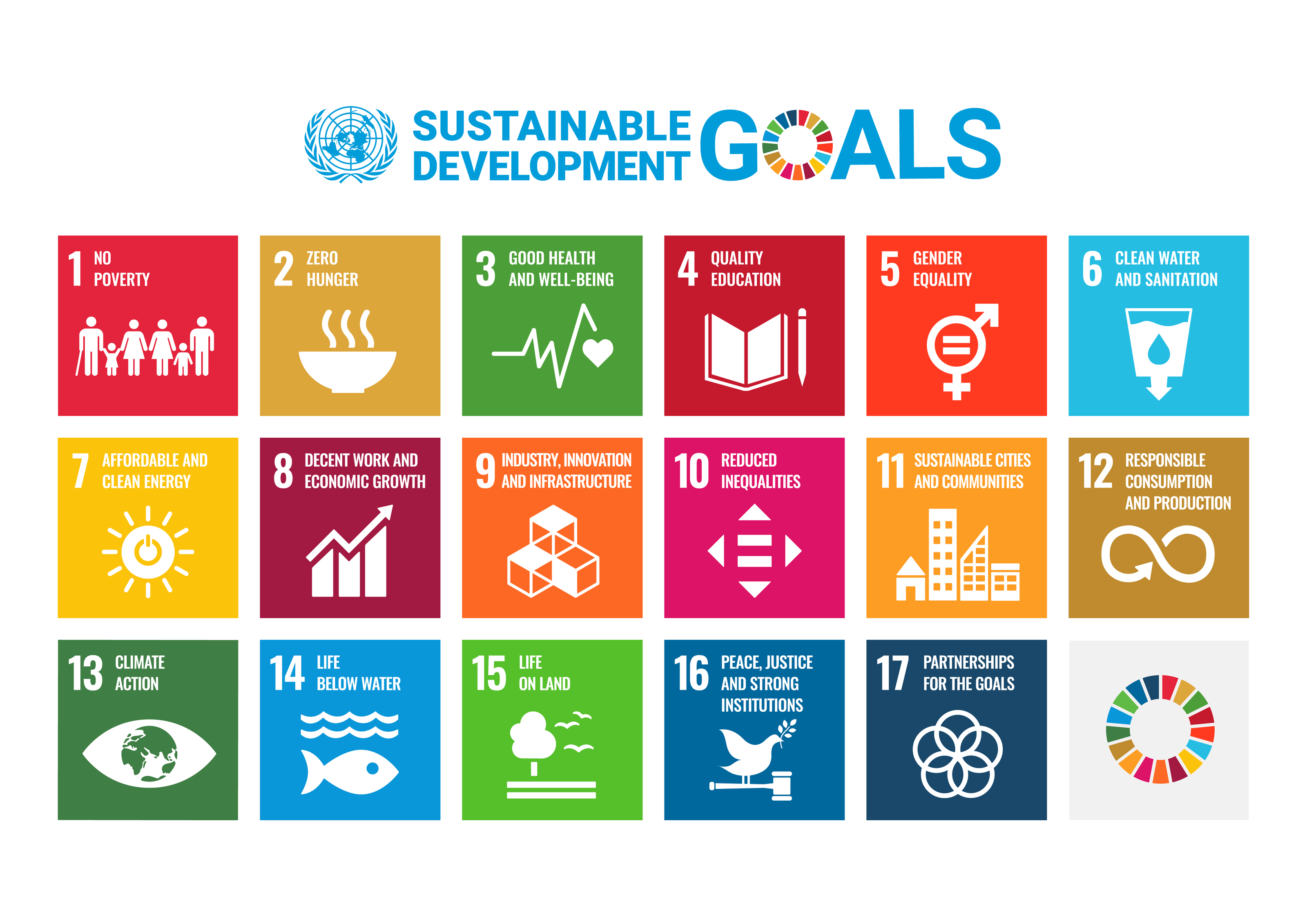
1: No poverty
There are many reasons, but in short, because as human beings, our well- being is linked to each other. Growing inequality is detrimental to economic growth and undermines social cohesion, increas- ing political and social tensions and, in some circumstances, driving instability and conflicts.
The private sector has a major role to play in determining whether the growth it creates is inclusive and contributes to poverty reduction. It can promote economic opportunities for the poor.
5: Gender equality
Regardless of where you live in, gender equality is a fundamental human right. Advancing gender equality is critical to all areas of a healthy society, from reducing poverty to promoting the health, education, protection and the well-being of girls and boys.
We fund education campaigns to curb cultural practices like female genital mutilation and change harmful laws that limit the rights of women and girls and prevent them from achieving their full potential.
8: Decent work and economic growth
Goal 8 is about promoting inclusive and sustainable economic growth, employment and decent work for all. Decent work means opportunities for everyone to get work that is productive and delivers a fair income, security in the workplace and social protection for families, better prospects for personal development and social integration. A continued lack of decent work opportunities, insufficient investments and under-consumption lead to an erosion of the basic social contract underlying democratic societies: that all must share in progress.
Providing youth the best opportunity to transition to a decent job calls for investing in education and training of the highest possible quality, providing youth with skills that match labour market demands, giving them access to social protection and basic services regardless of their contract type, as well as leveling the playing field so that all aspiring youth can attain productive employment regardless of their gender, income level or socio-economic background.
Governments can work to build dynamic, sustainable, innovative and people-centred economies, promoting youth employment and women’s economic empowerment, in particular, and decent work for all.
Implementing adequate health and safety measures and promoting supportive working environments are fundamental to protecting the safety of workers, especially relevant for health workers and those providing essential services.
13: Climate action
very person, in every country in every continent will be impacted in some shape or form by climate change. There is a climate cataclysm looming, and we are underprepared for what this could mean.
Businesses and investors need to ensure emissions are lowered, not just because it is the right thing to do, but because it makes economic and business sense as well.
15: Life on land
Goal 15 is about conserving life on land. It is to protect and restore terrestrial ecosystems, sustainably manage forests, combat desertification, and halt and reverse land degradation and stop biodiversity loss.
